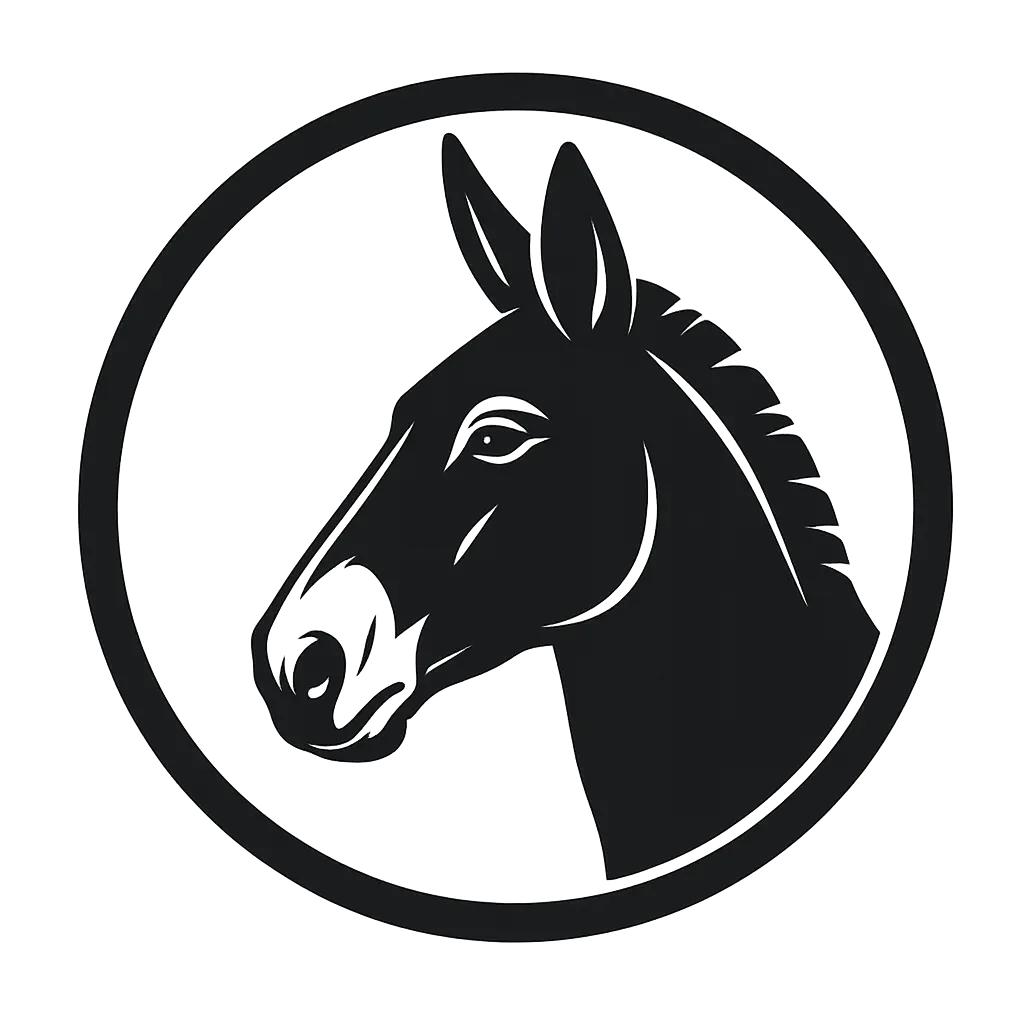Digest for August 22, 2025
It’s easy to forget we have choices. The pace of life, the pressure of obligations, and the sheer weight of habit can convince us that the path we’re on is the only path available. But the truth is simpler and more freeing: we always have options.

🪞 Reflection
We Always Have Options
It’s easy to forget we have choices. The pace of life, the pressure of obligations, and the sheer weight of habit can convince us that the path we’re on is the only path available. But the truth is simpler and more freeing: we always have options.
Sometimes those options are small, almost invisible. Choosing to go for a walk instead of doom-scrolling. Reaching for water instead of another cup of coffee. Deciding to listen rather than rush to reply. These are choices, too—small turns in the day that can shift our mood, our energy, even our outlook.
Other times, the options are bigger, heavier, and scarier. Do I stay in this job that drains me, or risk the uncertainty of leaving? Do I invest in a new relationship, or protect myself by pulling back? Do I keep living in a way that feels familiar but stifling, or open myself to the unknown? These aren’t easy questions. But they’re still questions we get to ask. The option of choice is always on the table, even if it carries risk.
It’s tempting to believe our circumstances define us. That we’re stuck because of money, age, family, or past mistakes. But if history teaches anything, it’s that people have changed course under far harder conditions than most of us face. Prisoners have found meaning. Refugees have rebuilt lives. Survivors have written new chapters out of ruins. If they had options, so do we.
Of course, options don’t mean guarantees. Choosing differently doesn’t mean everything will turn out the way we want. But not choosing—sliding into resignation—guarantees something worse: the slow erosion of agency. To tell ourselves “this is just the way it is” is to give up the small but vital truth that we are not just passengers. We are participants.
Recognizing options requires courage. It means acknowledging both our freedom and our responsibility. Freedom, because we really can decide how to act, where to go, who to be. Responsibility, because once we admit that, we can’t hide behind excuses as easily. We can’t keep saying “I had no choice” when, in fact, we did. That’s the uncomfortable edge of agency.
But the flip side is hope. To realize we always have options is to realize that change is always possible. A conversation can be started. A new habit can be formed. A different path can be taken. Even in the darkest circumstances, there is still the option of how we respond, of the stance we take toward what life has thrown our way. Viktor Frankl called this the last of human freedoms—the ability to choose our attitude, even when everything else is stripped away.
I remind myself of this not because I’ve mastered it, but because I forget it daily. I forget when I tell myself I’m too tired, too old, too late. I forget when fear dresses up as “realism” and whispers that nothing can change. But then I remember: options don’t disappear just because I overlook them. They wait patiently until I gather the nerve to act.
Maybe that’s the real work of living: to keep looking for the options, to keep exercising the muscle of choice, to keep refusing the lie that we’re stuck. Life will close some doors for us. That’s inevitable. But far more doors are left ajar than we usually notice.
We always have options. And the simple act of remembering that can make the difference between a life that feels like a cage and one that feels like a journey.
📘 Recient Posts
❓ This Week’s Quiz
Question:
Albania — History Quiz
Question: In which year did Albania declare independence from the Ottoman Empire?
- 1878
- 1912
- 1944
- 1991
Show answer
Answer: B) 1912. Albania declared independence in Vlora on November 28, 1912.
✨ Quote of the Week
“Life is a process of becoming, a combination of states we have to go through.
Where people fail is that they wish to elect a state and remain in it.
This is a kind of death.”
— Anaïs Nin
About Anaïs Nin (1903–1977)
Anaïs Nin was a French-born writer best known for her multi-volume diaries, which chronicled six decades of her life with lyrical intensity. Her work explored themes of identity, transformation, love, and the inner lives of women at a time when few dared to write so openly.
Nin’s intimate relationship with fellow writer Henry Miller shaped both of their legacies, and her daring exploration of sexuality and psychology made her a feminist icon in the 1960s and 70s. Critics sometimes labeled her self-indulgent, but her radical commitment to self-examination helped establish modern memoir and creative nonfiction.
She is remembered for her insistence that life is not static but a process of becoming—an unfolding shaped by courage and choice.
🔮 Coming Soon
Topic: What You Feed Grows
A theme around attention, habits, and emotional energy. Focus on how nurturing certain thoughts, behaviors, or relationships causes them to thrive—whether good or bad.
